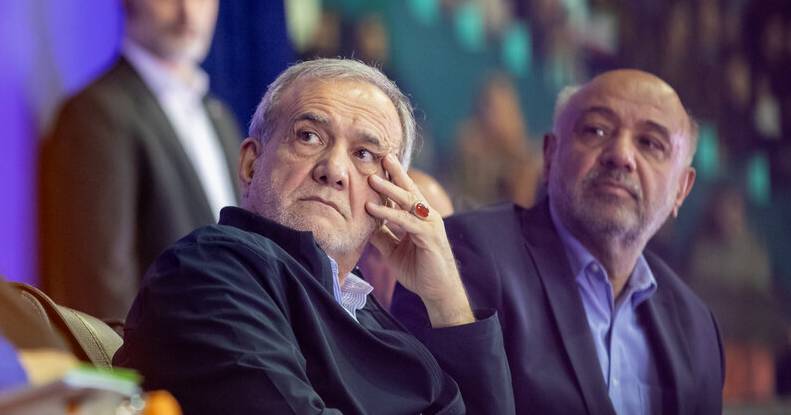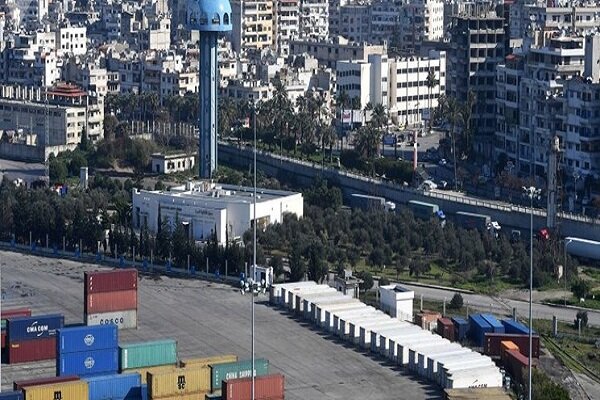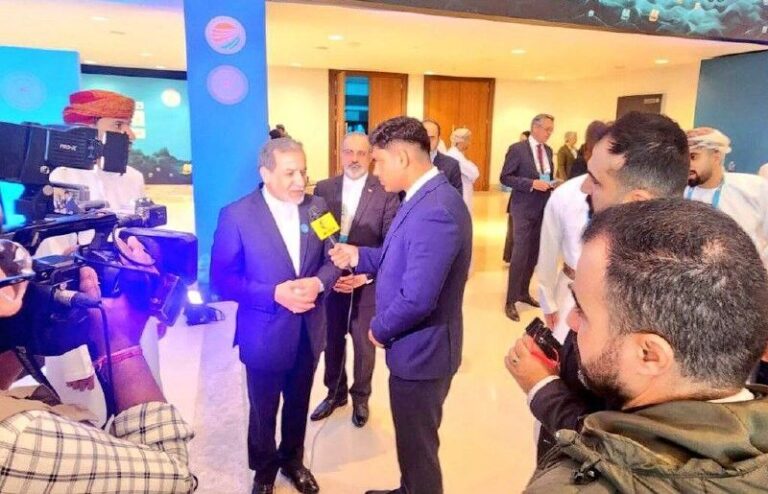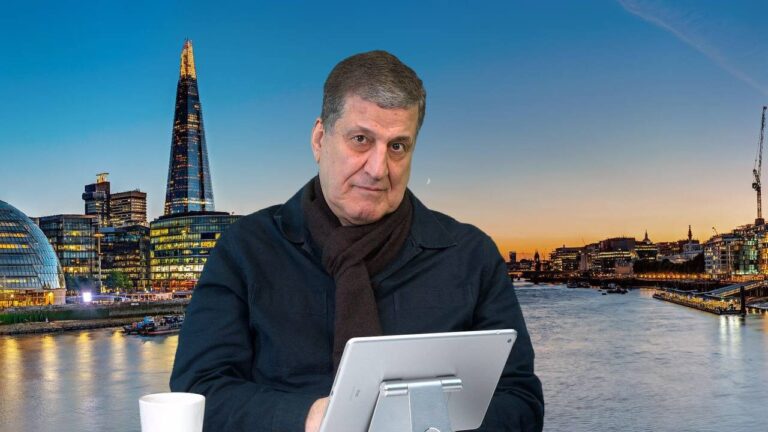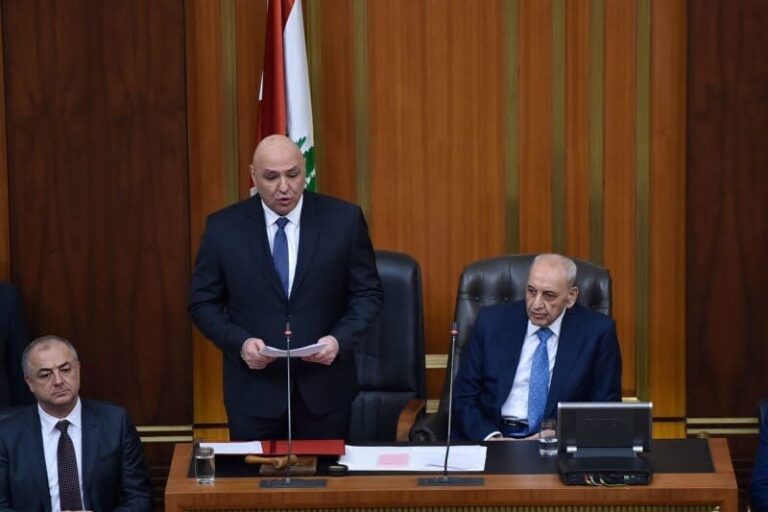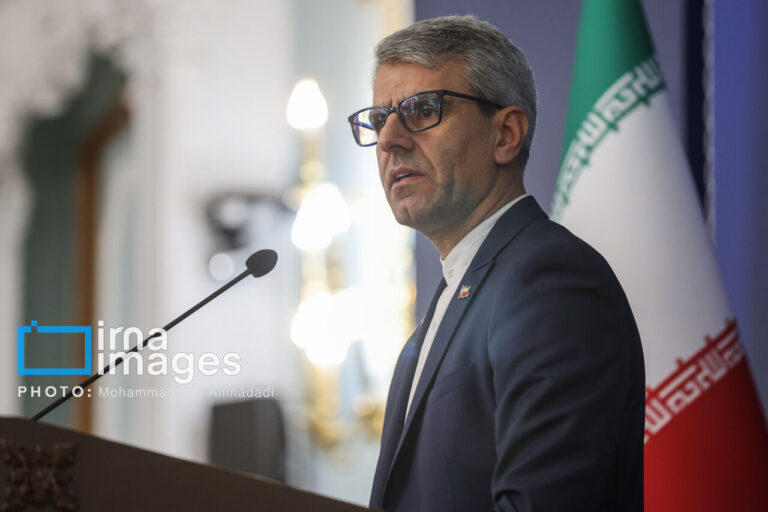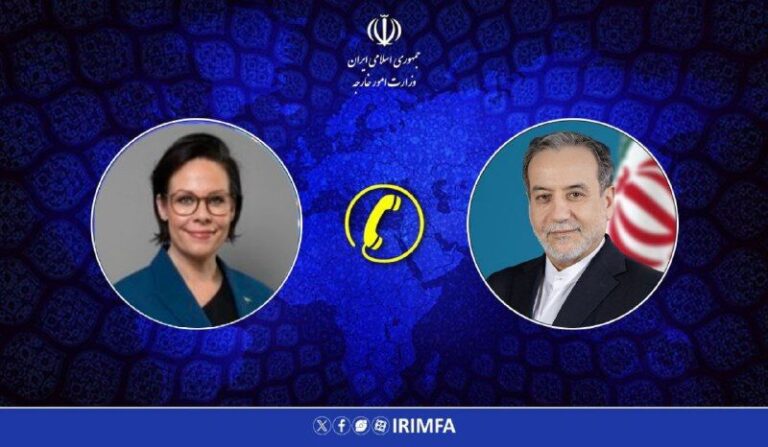Government Holds Back as Impeachment Push for Ministers Intensifies Following Port Blast
In the wake of a devastating port explosion that resulted in numerous fatalities and injuries, President Masoud Pezeshkian’s government is facing significant challenges, particularly regarding the potential impeachment of two key ministers. This situation has garnered widespread attention, prompting discussions about accountability and government response in Iran.
Currently, hardline members of parliament have initiated a process that could lead to the impeachment of Energy Minister Abbas Aliabadi and Transport Minister Farzaneh Sadeq. However, President Pezeshkian has yet to take a public stance on these motions. This lack of action may be a strategic decision aimed at addressing public outrage over the tragic incident while deflecting attention from state entities implicated in the port’s operations.
The first minister to face scrutiny is Farzaneh Sadeq, one of the few female ministers in Iranian history. She has been accused of “oversight and inefficiency” by five MPs sponsoring the impeachment motion. Shortly after, calls for the impeachment of Abbas Aliabadi intensified, with MPs attributing recent power outages affecting households and industries to his mismanagement. Surprisingly, some members of the pro-Pezeshkian faction have also supported the impeachment efforts.
“When a minister is weak, he must be replaced,” former presidential candidate Mostafa Hashemi Taba stated, as reported by the moderate daily Arman-e Melli. Additionally, the moderate outlet Khabar Online has reported that hardliners in Iran’s parliament, primarily from the ultraconservative Paydari Party, have been planning to remove both ministers since March, following the dismissal of Economy Minister Abdolnasser Hemmati.
During Hemmati’s ousting, the administration mounted a determined defense. Officials and moderate media outlets warned that impeachments could undermine the administration’s credibility. Some even suggested, albeit indirectly, that Supreme Leader Ali Khamenei views Pezeshkian’s government as the last viable option for the Islamic Republic and opposes any destabilizing actions.
Hardliners frequently submit multiple impeachment motions to enhance their chances of at least one being debated in parliament. Unofficial reports from Iranian media indicate that Sadeq’s potential removal may be a way to demonstrate that the government is responsive to public demands. However, those truly in power—such as the Revolutionary Guards (IRGC) or the Mostazafan Foundation, which operates under Khamenei’s office—are expected to remain unaffected by these motions.
The IRGC is suspected of importing weapons materials through the port managed by a subsidiary of the Mostazafan Foundation. The motion to impeach Sadeq has garnered over forty signatures, significantly more than the ten required to initiate parliamentary proceedings against a minister. Previous attempts to impeach Sadeq reportedly failed because Pezeshkian hinted in closed sessions that she was Khamenei’s preferred candidate.
This time, the only media outlet publicly supporting the transport minister is Etemad, which is owned by Elias Hazrati, the government’s public relations chief. The daily has framed the impeachment motion as an attack on the government itself.
As it stands, Pezeshkian or his administration has not publicly defended the two ministers facing impeachment. This unusual silence may indicate a strategic patience, allowing them to prepare for a more robust defense in parliament should the impeachment proceedings move forward.
In summary, the current political landscape in Iran is marked by escalating tensions surrounding the potential impeachment of key ministers following the tragic port blast. As the situation unfolds, the implications for President Pezeshkian’s administration and its legitimacy remain uncertain. The interplay between public sentiment, government accountability, and the influence of hardline factions will undoubtedly shape the future of this administration.
- Key Events:
- Port explosion resulted in numerous casualties.
- Impeachment motions initiated against Energy Minister Abbas Aliabadi and Transport Minister Farzaneh Sadeq.
- Hardline MPs leading the impeachment efforts.
- Political Dynamics:
- Pezeshkian’s government yet to respond publicly to impeachment motions.
- Support for impeachment from both hardline and moderate factions.
- Concerns over public accountability and the government’s legitimacy.
- Media Coverage:
- Support for Sadeq from Etemad, a government-aligned outlet.
- Moderate outlets warning of the risks of impeachment.
The unfolding situation will continue to be closely monitored, given its potential impact on Iran’s political climate and the broader implications for governance and accountability in the region.
